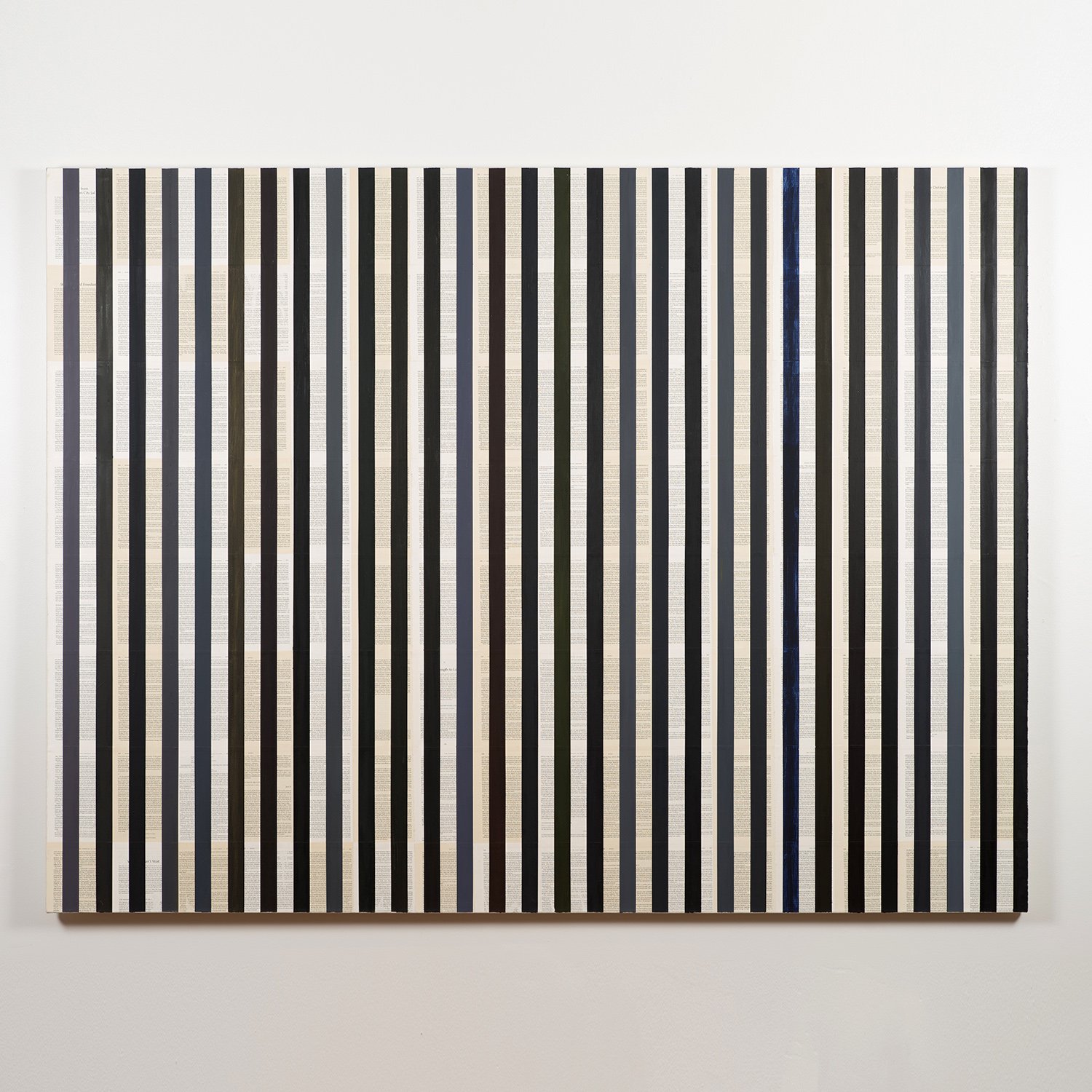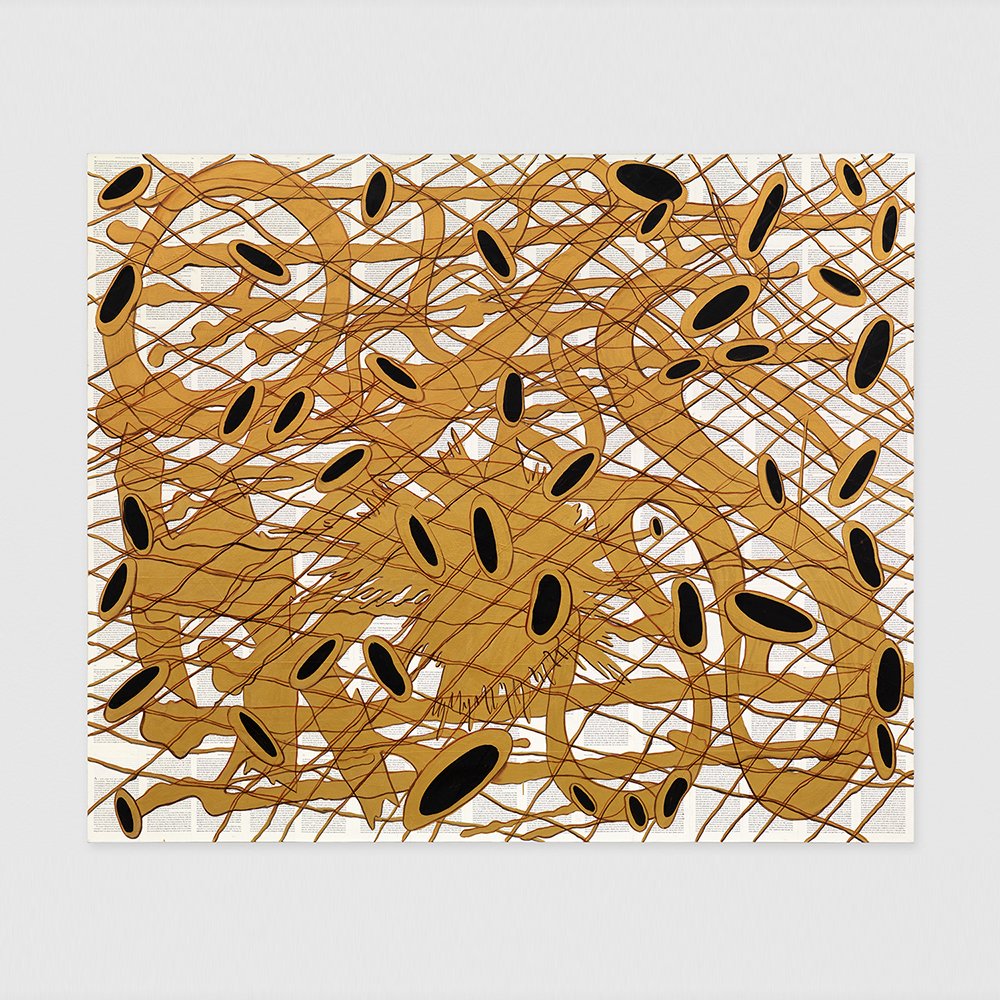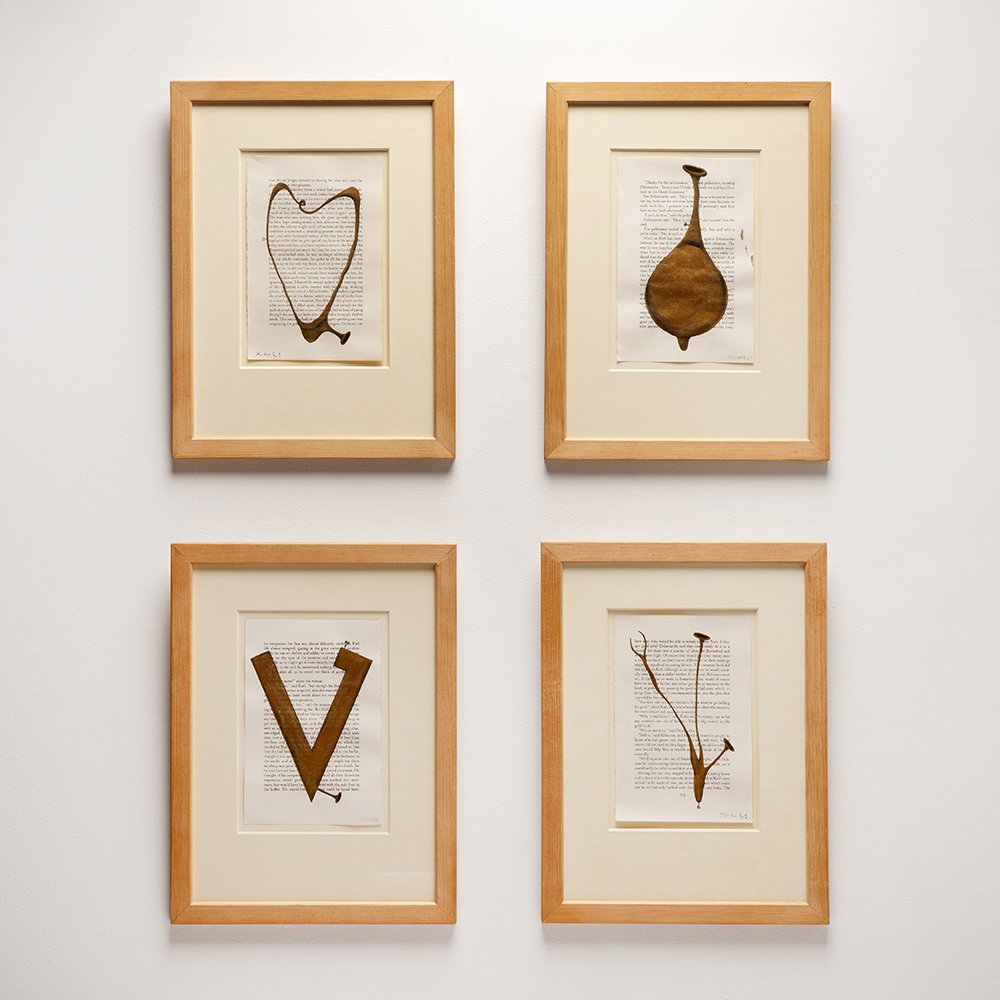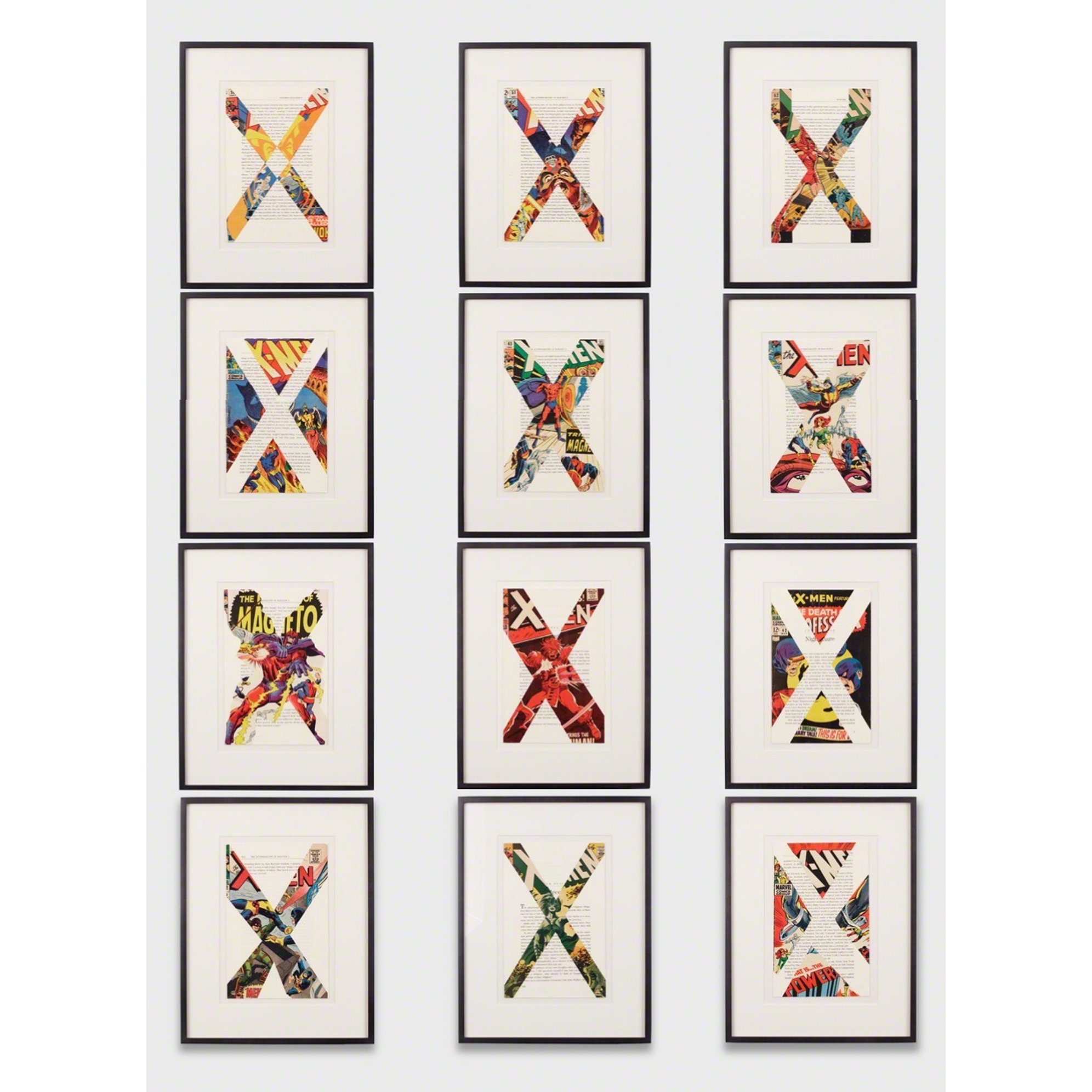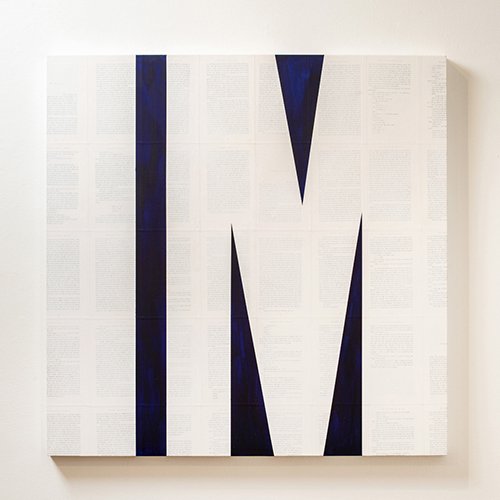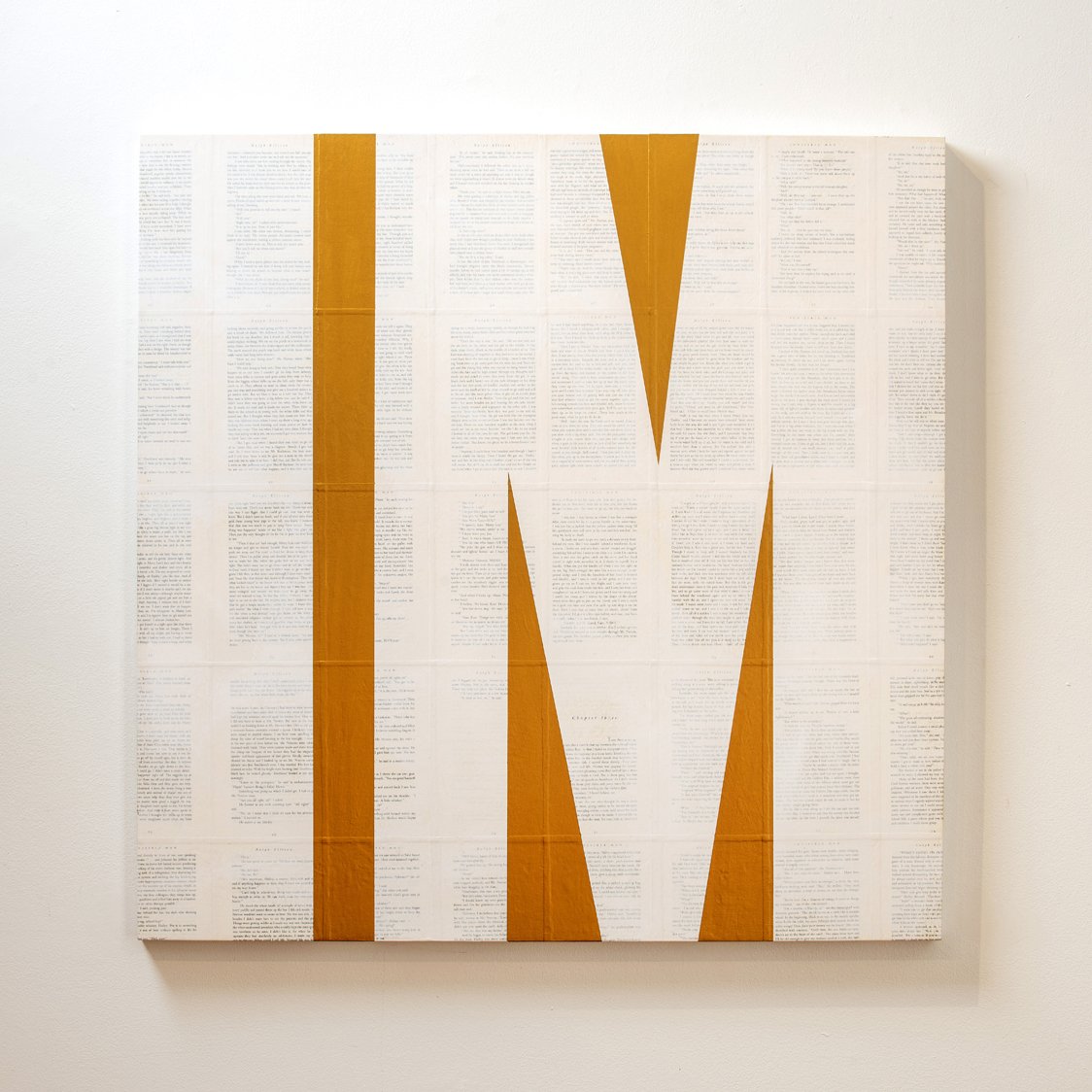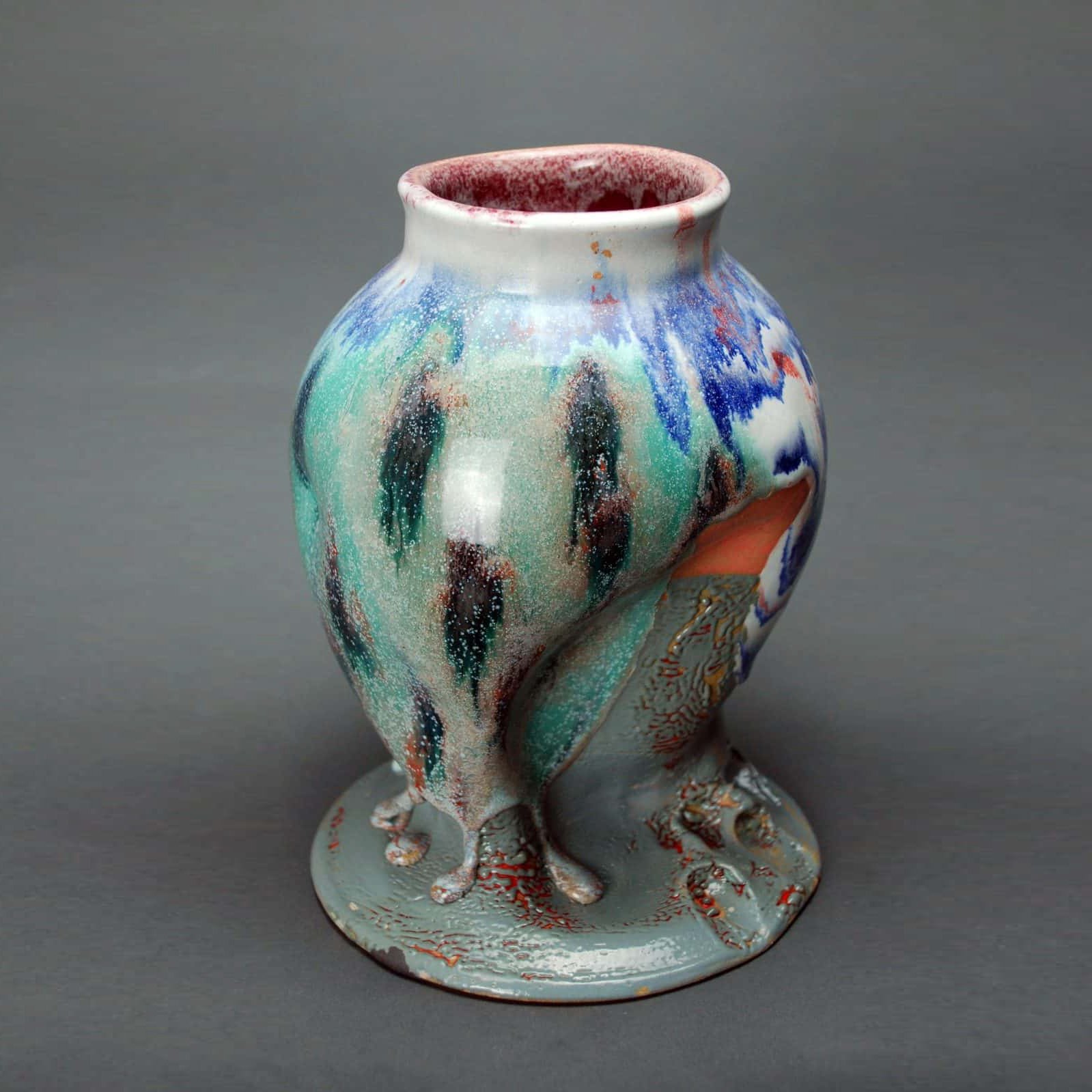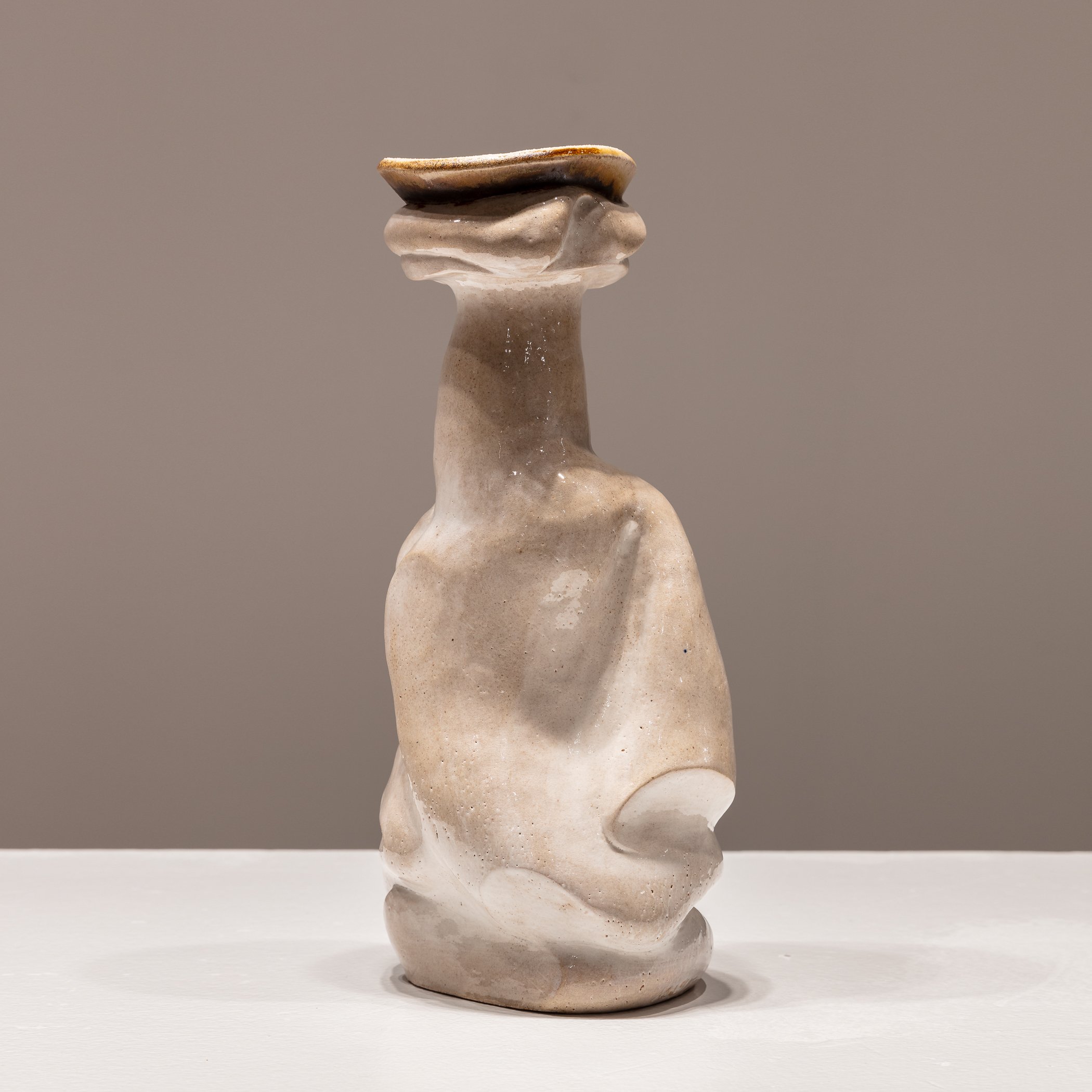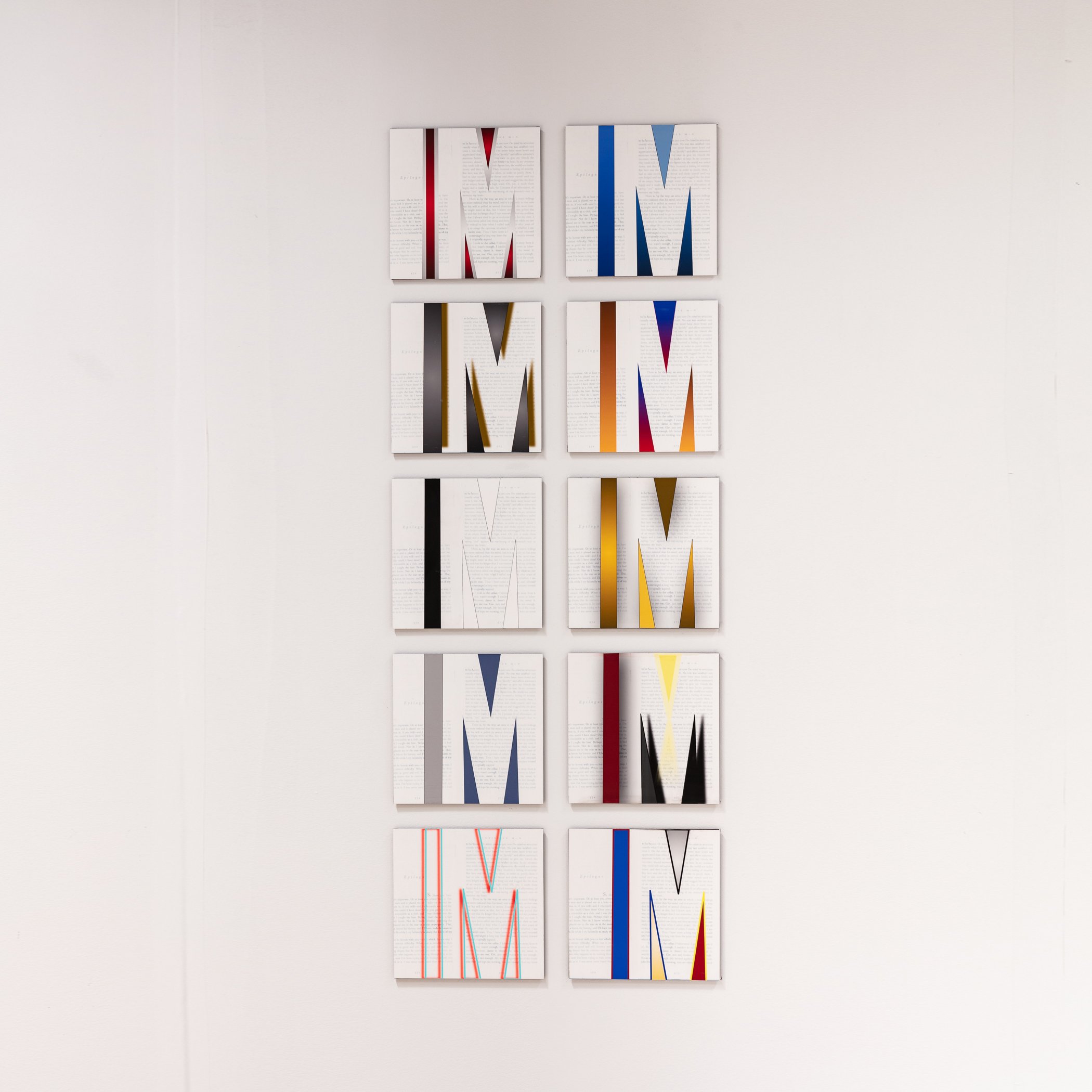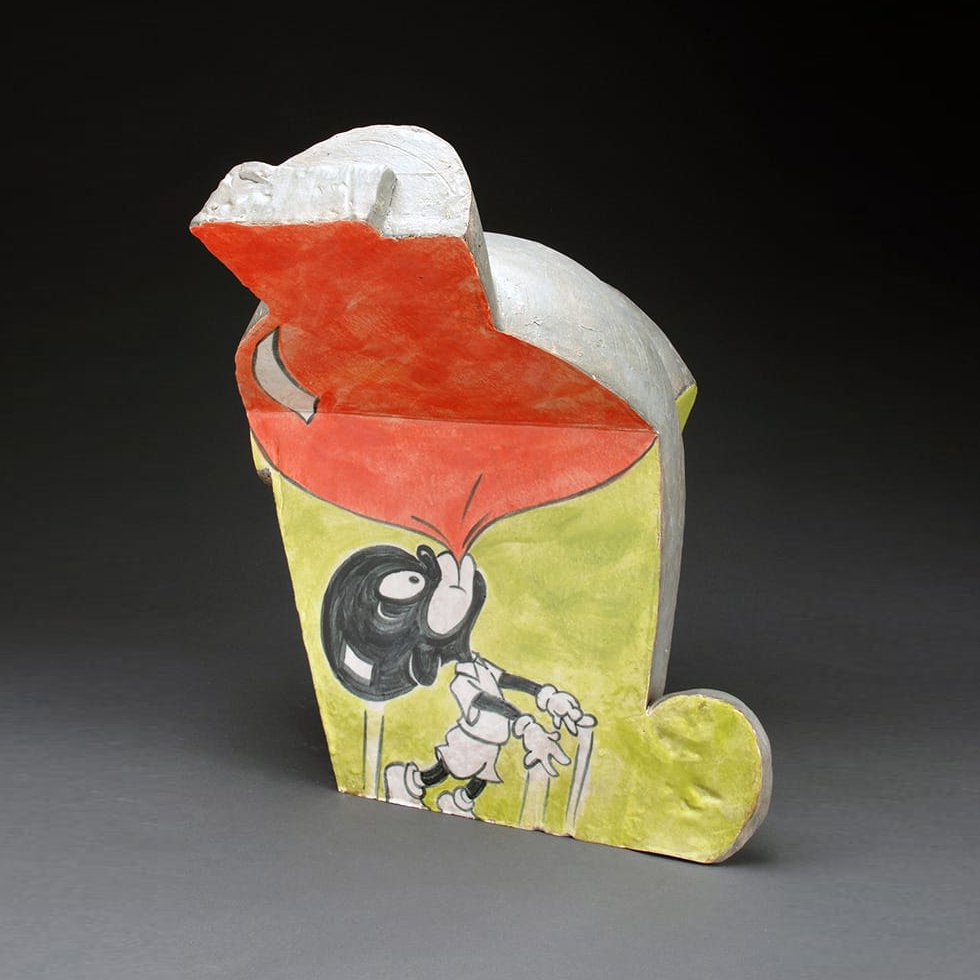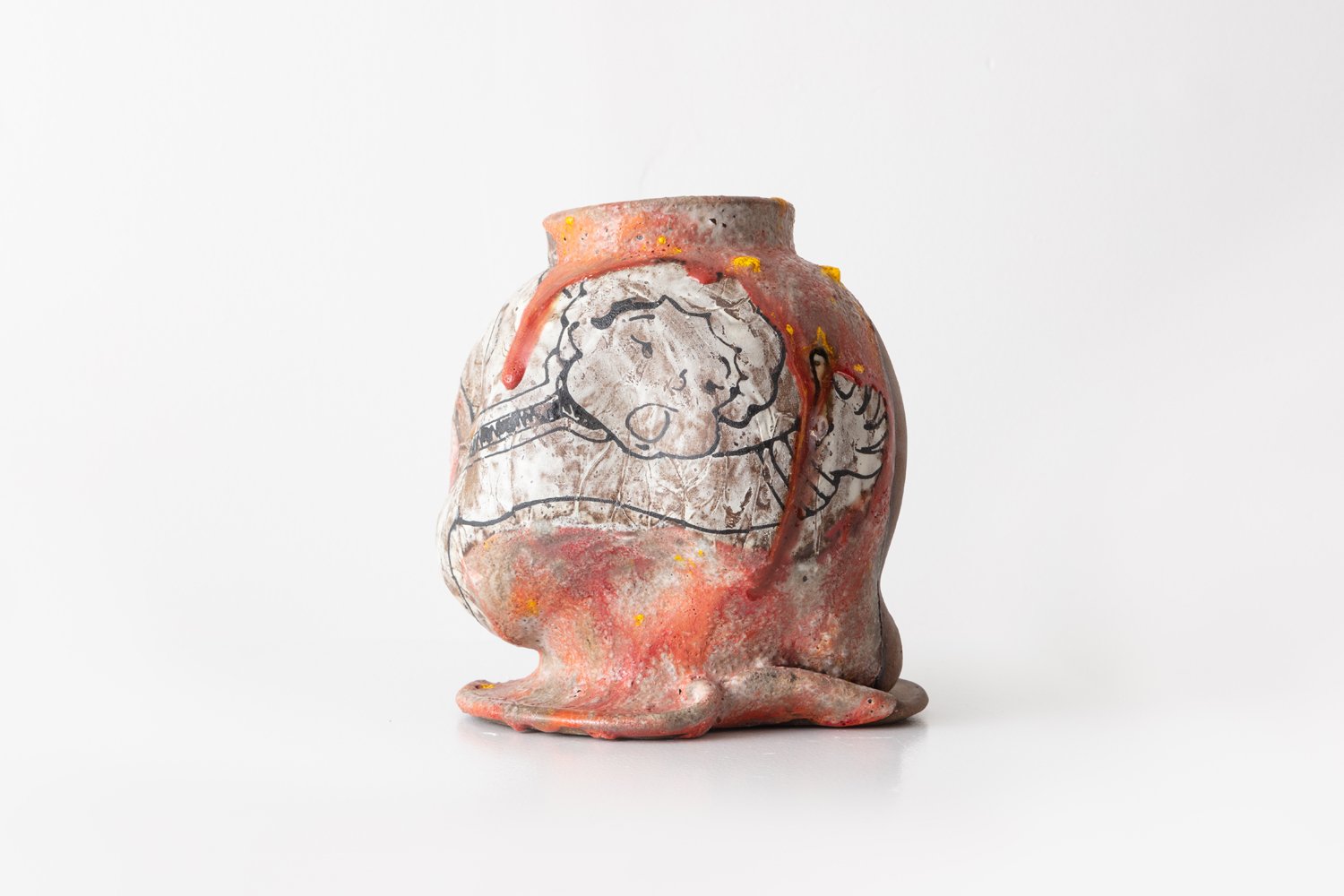EXPO Chicago 2022
EXPO CHICAGO 2022
APRIL 7, 2022 - APRIL 10, 2022
CHICAGO
Wexler Gallery presents Forms of Identification, an exhibition including ceramic sculptures and process sketches by Malcolm Mobutu Smith, historic paintings and archival material by Tim Rollins and K.O.S., and the debut of Studio K.O.S.’s evocative NFT project, at Expo Chicago, April 7-10, 2022. Placing these artists in dialogue highlights their common background in using primary sources and cultural references as a springboard for their own work: to comment on contemporary themes of identity and race as persons of color asserting agency in today’s America. Heavily influenced by a previous generation, both personally and philosophically, they investigate historical antecedents from literature, cartoons and comics and incorporate their own interests such as graffiti, jazz, and hip hop. The title Forms of Identification speaks to what these artworks are for these artists and the audience, as well as to the larger cultural issues of representation and belonging. What signifies an artist, who defines art, how is it expressed, where is it found. Malcolm Mobutu Smith will be on hand to discuss his work during the Expo Chicago VIP Preview, Thursday, April 7, 12-6pm.
As young men in the 1980s and 90s, the artists of Studio K.O.S. — Angel Abreu, Jorge Abreu, Robert Branch, and Rick Savinon — were introduced to classic literature by their mentor, Tim Rollins, in collaborative workshops that combined lessons in reading and writing with the production of impactful works of art. In a process they called “jamming,” Rollins or a member of the collective would read selected texts aloud while other members drew, cut, ripped, painted onto pages of the books, activating the stories into artworks that related to and expressed their own experiences. Over time their cultural explorations evolved to incorporate non-fiction, classical music, and comic books. Studio K.O.S. continues to readdress and recontextualize Ralph Ellison’s Invisible Man — a novel about the struggle to define one’s identity that is still as powerful and poignant as when it was written in 1952. By excavating the book’s themes with students today, IM (“I am”) evolves into a symbol of personal strength through the examination of perception.
Just as they were influenced by Rollins connecting their lived experience with Ellison’s words, Studio K.O.S. is carrying on that tradition with the next generation. Says Angel Abreu of the students they collaborated with, “We empowered them, and showed them, you can have a voice, you can make a difference. It’s that light bulb that you literally see, over the students’ heads, that keeps me coming back. When you come together as a community, to make something to share, it just has so much more meaning.”
Examples from these collaborative workshops will debut at Expo Chicago as an Invisible Man NFT and as limited-edition digital prints. Each work examines the students’ various interpretations of personal identity through their individual “IM”. Multiple unique iterations of IM are included in this first NFT, while 10 IMs have been selected for the set of digital prints in a limited edition of five. Archival material from the history of K.O.S. will also be on display.
When Malcolm Mobutu Smith was a child in the 1970s, his artist mother created and published children’s books featuring Li’l Tuffy — a cartoon character that was an amalgam of Mobutu Smith and his younger brother — to make up for the absence of kids like them in the literature of the time. As he developed his own artistic practice, Mobutu Smith recognized the disparity between Li’l Tuffy and many other cartoon and comic representations and stereotypes so casually depicted in earlier 20th century media.
According to Mobutu Smith, “I, like the Trojan Horse, redeploy these images and conventions of image to reflect, lay bare, and perhaps undo. Embracing irony as a truth, as a black man, mapping hate and fear — I dig into to the ugly and sweet codes of cartoons to load them with sharp cutting wit like a razor blade in an apple – loaded images in loaded forms.” For Mobutu Smith, his sculpture’s shapes reflect another tension: “They are call backs to Modernist sculpture from an era of and value system built on colonial mindsets mining the Other, and yet these works also operate and are born of my own honest exploration of jazzy improvisations of material, line and form.” The inherent beauty of his expert craftsmanship stands in stark contrast to the incorporated themes and source imagery.
Several of Mobutu Smith’s process sketches and idea-generating images will be presented alongside his ceramic vessels.


